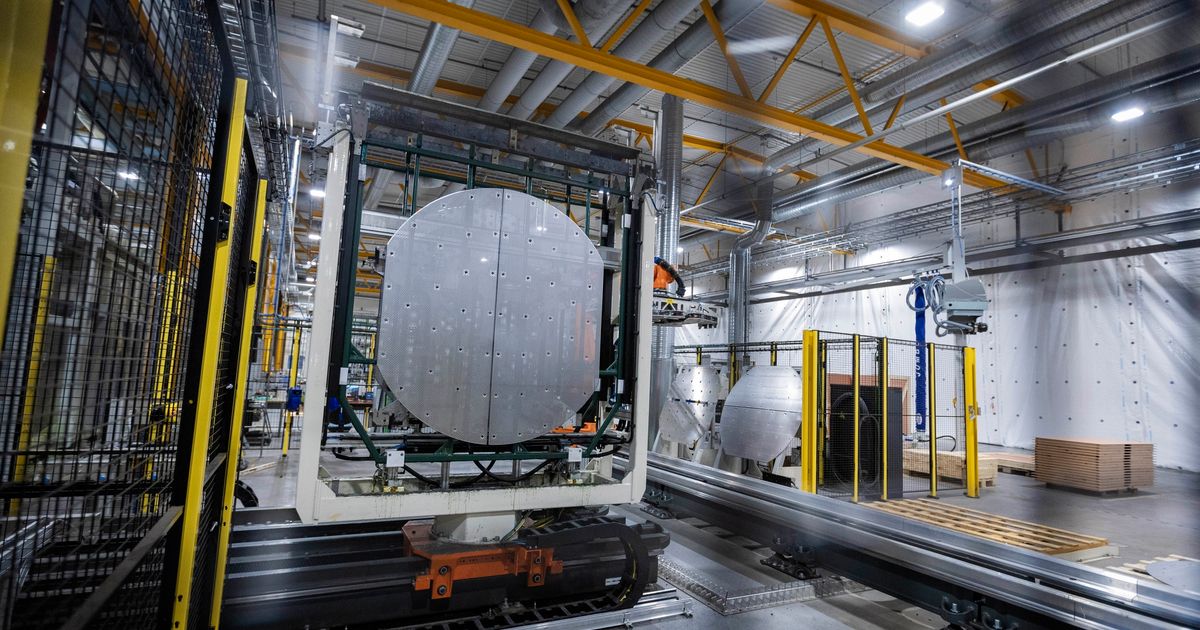Biden Administration Unveils Tax Credit Rules to Boost Cleaner Hydrogen Production
Key Ideas
- The Biden administration released final rules for a tax credit to incentivize cleaner hydrogen production, aiming to reduce planet-warming emissions.
- Environmental groups cautiously praised the rules, which focus on displacing fossil fuels with hydrogen in hard-to-electrify sectors like long-haul transportation and steel-making.
- The tax credit supports hydrogen production from clean sources like water splitting with renewable energy, while also including provisions for natural gas-based hydrogen with emissions capture technology.
- Industry experts and advocacy groups express optimism about the benefits for climate and hard-to-decarbonize sectors, but raise concerns about potential loopholes benefiting dirty hydrogen producers.
The Biden administration has unveiled final rules for a tax credit aimed at boosting cleaner hydrogen production to tackle planet-warming emissions. Environmental groups have cautiously welcomed the rules, acknowledging their potential to reduce greenhouse gas emissions. The focus is on transitioning hard-to-electrify sectors like long-haul transportation and steel-making from fossil fuels to hydrogen. While most hydrogen is currently produced from natural gas, the rules incentivize hydrogen production from clean sources like water splitting using renewable energy.
The tax credit system includes provisions not only for firms producing hydrogen through water splitting but also for those using natural gas with emissions capture technology, as well as from alternative sources like wastewater, animal manure, and landfill gas. The credit is based on the lifecycle emissions of the hydrogen production process, irrespective of the method used.
The rules have garnered support from both Democrats and some Republican members of Congress. The environmental group Earthjustice sees the rules as supportive of clean hydrogen projects that do not worsen climate and health-harming pollution. However, there are concerns that the loopholes in the rules may benefit producers of dirty hydrogen as well.
Advocacy groups like the Clean Air Task Force view the tax credit as beneficial for the climate, especially in hard-to-decarbonize sectors such as aviation and steel production. While the rules aim to promote the production of clean hydrogen, there are challenges in accurately monitoring emissions from hydrogen produced using natural gas.
The Fuel Cell & Hydrogen Energy Association, representing various stakeholders in the hydrogen industry, including vehicle manufacturers and renewable energy developers, is optimistic about the rules. The association's president emphasizes the need for the tax credit to drive industry progress and instill confidence in making investments. The industry awaits to see if the provisions of the tax credit will effectively advance the clean hydrogen sector and benefit all stakeholders.
Topics
Production
Clean Energy
Legislation
Greenhouse Gases
Emissions Reduction
Fossil Fuels
Industry Support
Tax Credit
Environmental Groups
Latest News
